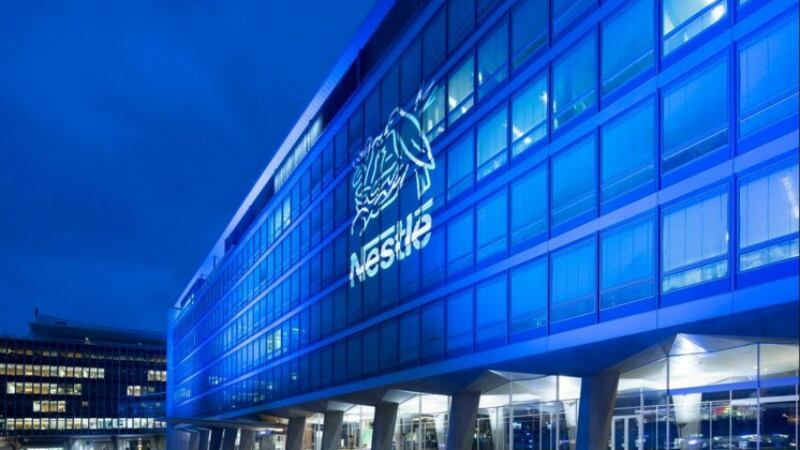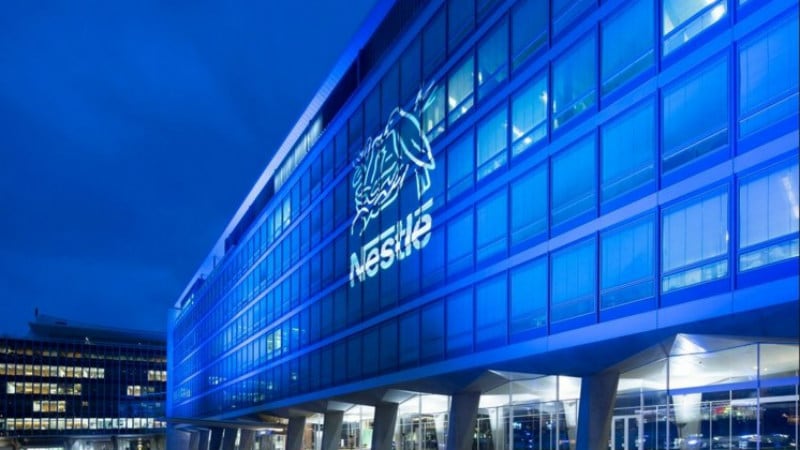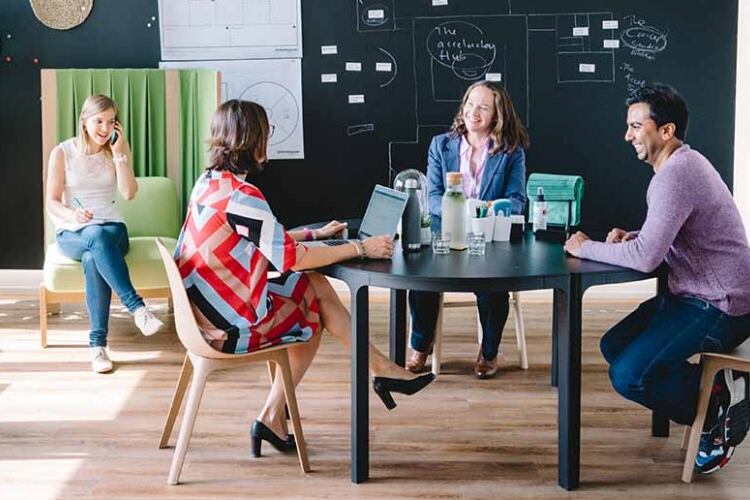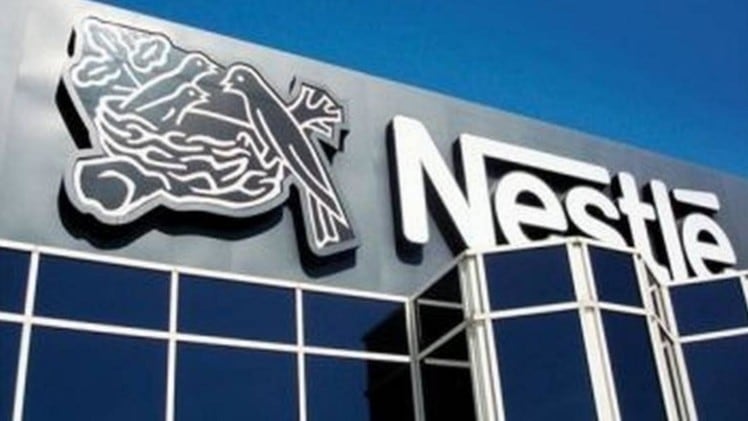The new plan, dubbed Nestle’s Net Zero Roadmap, targets net zero greenhouse gas (GHG) emissions for the company by 2050 in order to tackle climate change challenges, and carries milestones such as 20% emission reduction by 2025 and 50% by 2030.
Along the supply chain, Nestle also intends to use 100% sustainable palm oil by 2023, 100% sustainable cocoa and coffee by 2025, 100% renewable electricity at all plants by 2025, and more. A total of CHF3.2bn (US$3.6bn) will be invested into these efforts over the next five years.
“We established this time-bound plan because we understand that we need to provide milestones and transparency in our work, so that consumers can have trust and confidence in what we are doing,” Nestle CEO Mark Schneider said at a virtual media event launching the roadmap.
“The CHF3.2bn will just be an initial investment for the first five years – after that the numbers will be harder to quantify so we did not put numbers in for beyond this, but this is to first get the momentum going as many of these things we want to do take time, we need to reach 500,000 farmers and 150,000 suppliers to get them to move along with our practices, so we need to get out there first.
“[Important to note is that] despite this added investment, we understand that affordability is very important especially for countries where this is a key area of concern [such as in Asia], and affordable nutrition has always been a key workstream for us – so although we do see some premiumisation opportunities for more premium products, what is now affordable will stay affordable.”
The main three pillars of the roadmap are product portfolio transformation, regenerative agriculture and maximising operational efficiencies. In the Asia Pacific region, product portfolio transformation will involve moving towards carbon neutrality and increasing plant-based options, which will take place under several well-known everyday brands such as Nespresso, Perrier and Milo.
“[In Australia], Nestlé is increasing the number of 'carbon neutral' brands - For example, Nespresso, San Pellegrino and Perrier have already committed to carbon neutrality by 2022, and the Harvest Gourmet range of plant-based meat alternatives has made the same commitment,” said Nestle Oceania CEO Sandra Martinez.
“We have also introduced various plant-based alternatives, [which are known to have a generally lower environmental footprint], for existing products and well-known brands including Milo Plant Based and Nescafé Gold Plant-Based Latte.”
Other brands that have made a commitment to become carbon neutral by 2022 include Acqua Panna and plant-based brand Garden Gourmet, with Sweet Earth and more to follow by 2025.
“Regenerative agriculture is also a very key element of this roadmap, especially as some 70% or so of our GHG emissions are from the top of the supply chain, so we are doing a lot of work here as well,” added Nestle Executive Vice President and Head of Operations Magdi Batato.
“In Asia, we will be spreading this focus all throughout the region where we have operations – for example, in Malaysia we are already working with partners when it comes to reforestation, biodiversity and other efforts.
“Another good example is China, where we have made good progress with dairy farmers there via our Dairy Farming Institute, [and also] launched a Grain Competence Centre to coordinate research and encourage knowledge sharing.”
Operational efficiencies
As for maximising operational efficiencies, Nestle is looking to improving its logistics and energy usage worldwide.
One of the key targets is to use 100% renewable electricity in all sites by 2025 – although the firm did not reveal how many sites there are in APAC for which it intends to make this change, overall this will be done for 800 sites in 187 countries globally.
“We will also be switching our global fleet of vehicles to lower emission options by 2022, and offsetting all business travel by 2022 too – I know that currently we are already in a situation where business travel is extremely limited due to COVID-19, but this is not something we are relying on to offset anything, we do have other strategies in place,” Batato stressed.
Martinez added that in Australia, the Nescafe factory in Queensland uses over 60% of energy from renewable sources such as leftover coffee grounds, whereas its Milo plant in New South Wales is over 80% powered by sawdust waste.
“We are also working towards renewable electricity within the next five years for all Australian sites – [this includes] factories, offices, boutiques and distribution centres,” she said.
Sustainability as a choice driver
In Asia, it has often been reflected that sustainability is not as strong a driver for consumer F&B purchases as it is in Western countries – but Nestle believes that it still is an important one.
“At the end of the day, there are many companies that are going down this direction because the difference lies in what a brand can offer in terms of benefits, nutrients and experience,” said Nestle Global Chief Marketing Officer Aude Gandon.
“Sustainability is one of these , and research has shown that across all aspects of society worldwide, it does matter and everyone does place importance on choosing the right brands and products, so sustainability is still a driver for brand choice.”





